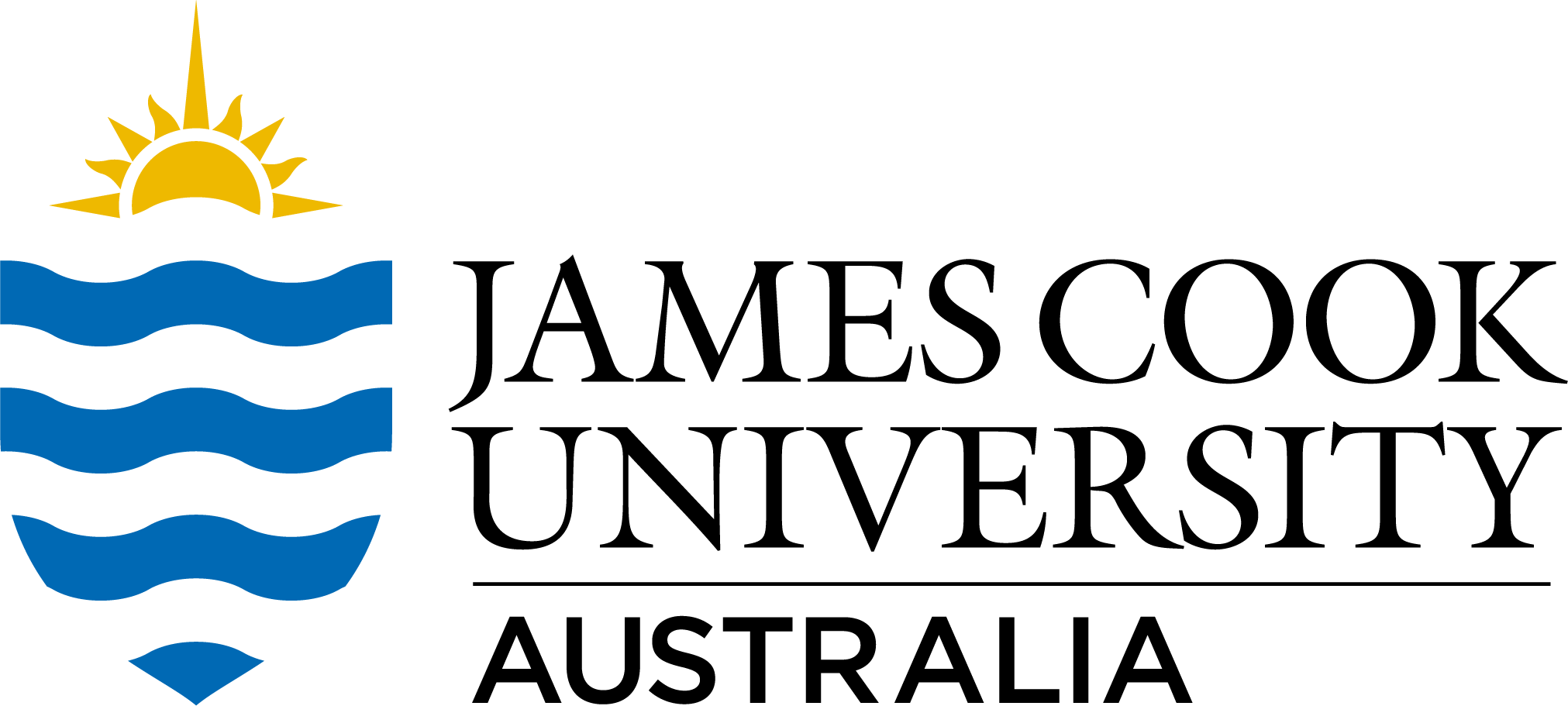Full description
Abstract [Related Publication]: Estimating the heritability and genotype by environment (GxE) interactions of performance-related traits (e.g. growth, survival, reproduction) under future ocean conditions is necessary for inferring the adaptive potential of marine species to climate change. To date, no studies have used quantitative genetics techniques to test the adaptive potential of large pelagic fishes to the combined effects of elevated water temperature and ocean acidification. We used an experimental approach to test for heritability and GxE interactions in morphological traits of juvenile yellowtail kingfish, Seriola lalandi, under current-day and predicted future ocean conditions. We also tracked the fate of genetic diversity among treatments over the experimental period to test for selection favoring some genotypes over others under elevated temperature and CO2. Specifically, we reared kingfish to 21 days post hatching (dph) in a fully crossed 2 x 2 experimental design comprising current-day average summer temperature (21°C) and seawater pCO2 (500 µatm CO2) and elevated temperature (25°C) and seawater pCO2 (1,000 µatm CO2). We sampled larvae and juveniles at 1, 11 and 21 dph and identified family of origin of each fish (1,942 in total) by DNA parentage analysis. The animal model was used to estimate heritability of morphological traits and test for GxE interactions among the experimental treatments at 21 dph. Elevated temperature, but not elevated CO2 affected all morphological traits. Weight, length and other morphological traits in juvenile yellowtail kingfish exhibited low but significant heritability under current day and elevated temperature. However, there were no measurable GxE interactions in morphological traits between the two temperature treatments at 21 dph. Similarly, there was no detectable change in any of the measures of genetic diversity over the duration of the experiment. Nonetheless, one family exhibited differential survivorship between temperatures, declining in relative abundance between 1 and 21 dph at 21°C, but increasing in relative abundance between 1 and 21 dph at 25°C. This suggests that this family line could perform better under future warming than in current-day conditions. Our results provide the first preliminary evidence of the adaptive potential of a large pelagic fisheries species to future ocean conditions.
The full methodology is available in the Open Access publication from the Related Publications link below.
Notes
This dataset is available as 3 spreadsheets, each saved in both MS Excel (.xlsx) and Open Document (.ods) formats.
Created: 2019-01-24
text: Study conducted at the National Institute of Water and Atmospheric Reserch (NIWA), Northland Marine Research Centre, Ruakaka, New Zealand.
User Contributed Tags
Login to tag this record with meaningful keywords to make it easier to discover
- DOI : 10.25903/5C493E2AC3154

- Local : researchdata.jcu.edu.au//published/9532c40fbac7d0d99bb34242b0ed8b5a
- Local : 5c11cf9db484f34a3916919ef01280a2


